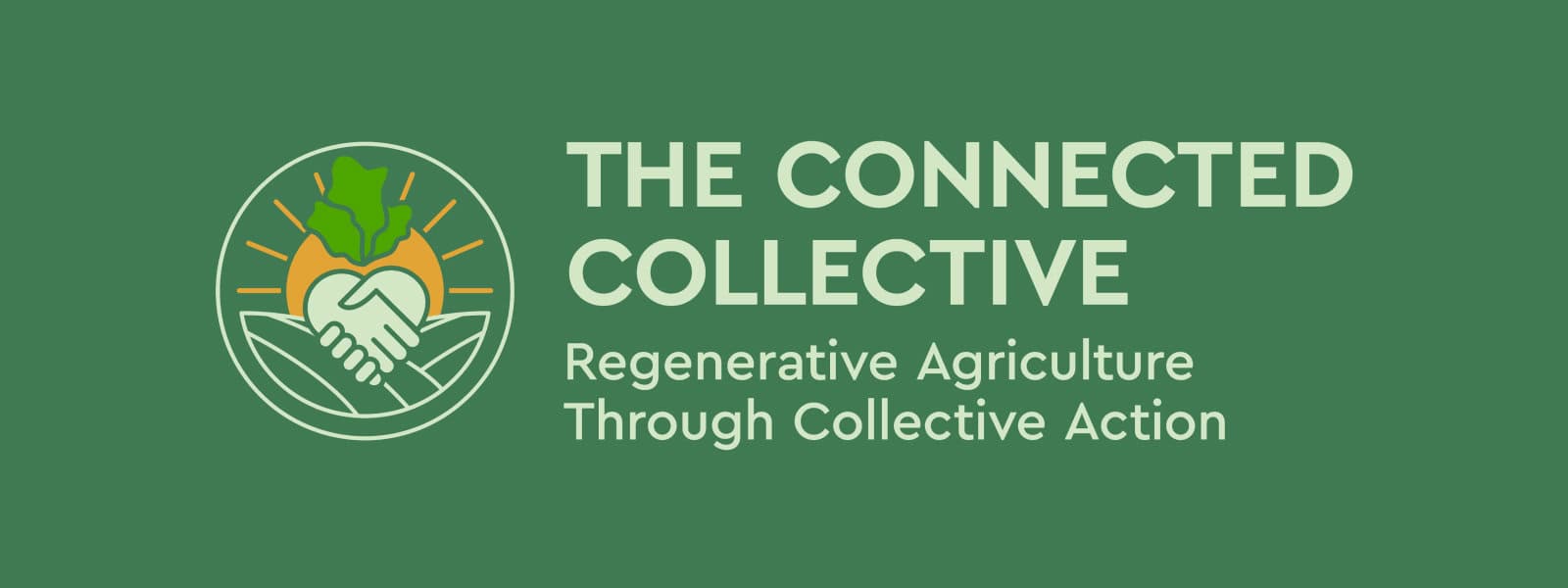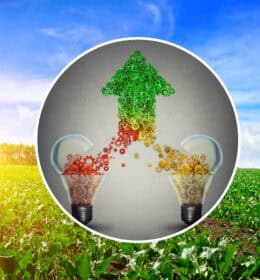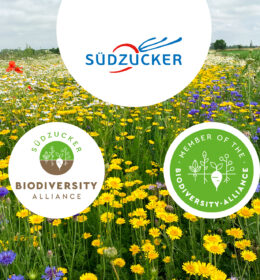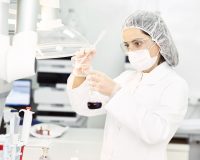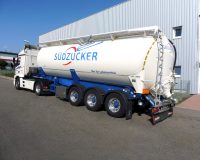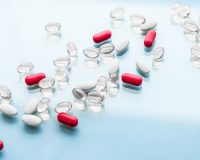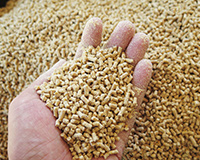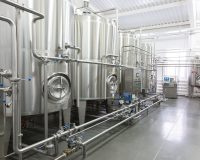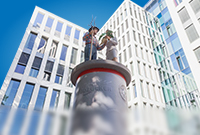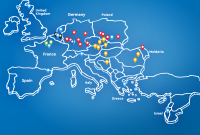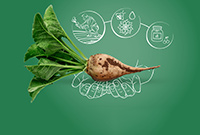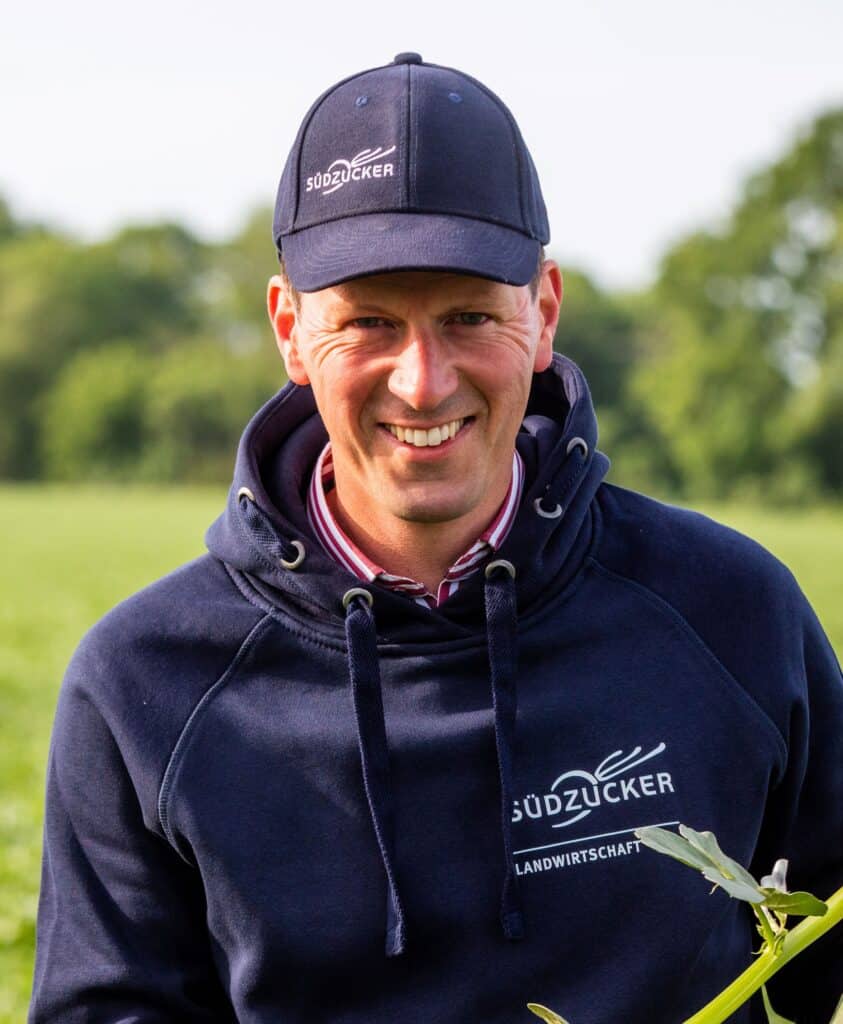
Adapting Sugar Beet Cultivation to Climate Change
Insights From the Südzucker Kirschgartshausen Research Farm
Climate change is posing increasing challenges for agriculture. Changing climate conditions not only affect crop yields, but also jeopardize entire harvests. For this reason, innovative approaches and technologies are being tested at Südzucker’s Kirschgartshausen research farm in Mannheim (Germany) in order to make sugar beet cultivation fit for the future. We spoke to Dr. Peter Risser, head of the Kirschgartshausen research farm, about the climatic challenges and the solutions that Südzucker is developing.
Südzucker: Dr. Risser, what are the biggest climatic challenges that sugar beet cultivation is currently facing?
Dr. Peter Risser: Climate change brings a number of challenges that directly impact sugar beet cultivation. Firstly, we are seeing a tendency for earlier sowing, which is generally positive as it can extend the growing season. However, this is accompanied by more intense dry periods, especially in spring and summer. This drought can result in uneven germination and impair yield formation. The leaves dry out, and the beets are unable to perform sufficient photosynthesis, which ultimately reduces the yield.
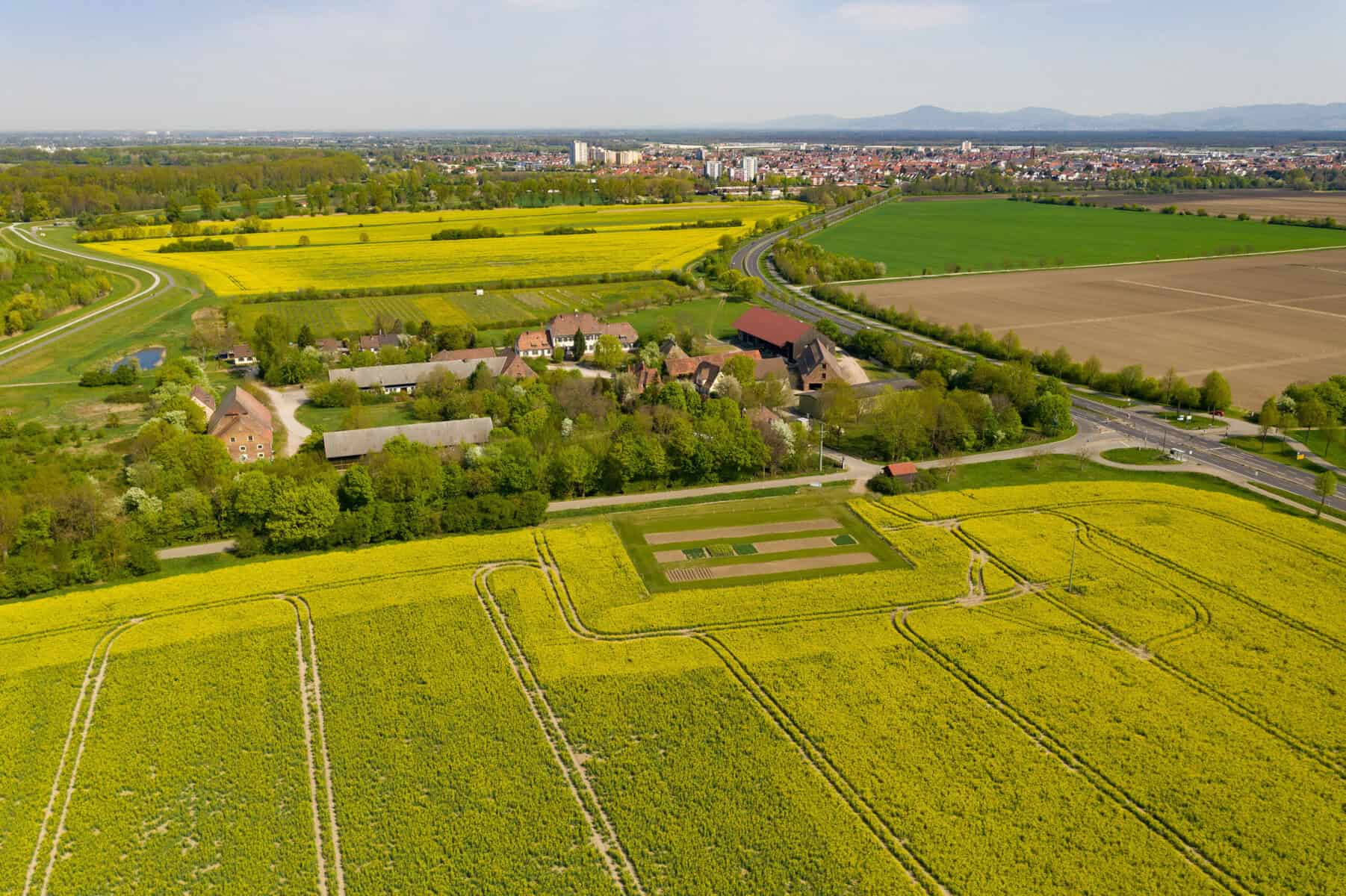
Südzucker: What other new challenges do you see?
Dr. Peter Risser: Another major issue is the increasing prevalence of pests. The so-called reed glasswing cicada is an example of a pest favored by climate change, which transmits diseases. At the same time, we are dealing with a rise in fungal diseases, which are encouraged by warmer summers. These diseases can cause significant damage to the plants.
Südzucker: How is Südzucker responding to these challenges?
Dr. Peter Risser: We rely on a variety of measures. We have been testing non-inversion tillage for some time now to reduce evaporation and retain moisture in the soil for longer. This also promotes soil life, which in turn helps to retain nutrients and water better in the soil. Another important measure is crop rotation, i.e. the regular rotation of cultivated plant species. This helps to contain pests. We also use innovative methods to increase yields.
Südzucker: Can you tell us more about the innovative methods being tested at the experimental farm?
Dr. Peter Risser: One innovative project is the use of a solar-powered robot for weed control. This robot operates autonomously in the field, using GPS data to precisely remember where seeds were planted, and later targets weeds without damaging the crops. Additionally, the robot can spray crop protection agents directly onto the plants, significantly reducing the use of chemicals. Such technologies are an important step toward sustainable agriculture. The insights we gather here are regularly shared with farmers in workshops to support climate change adaptation in practice.
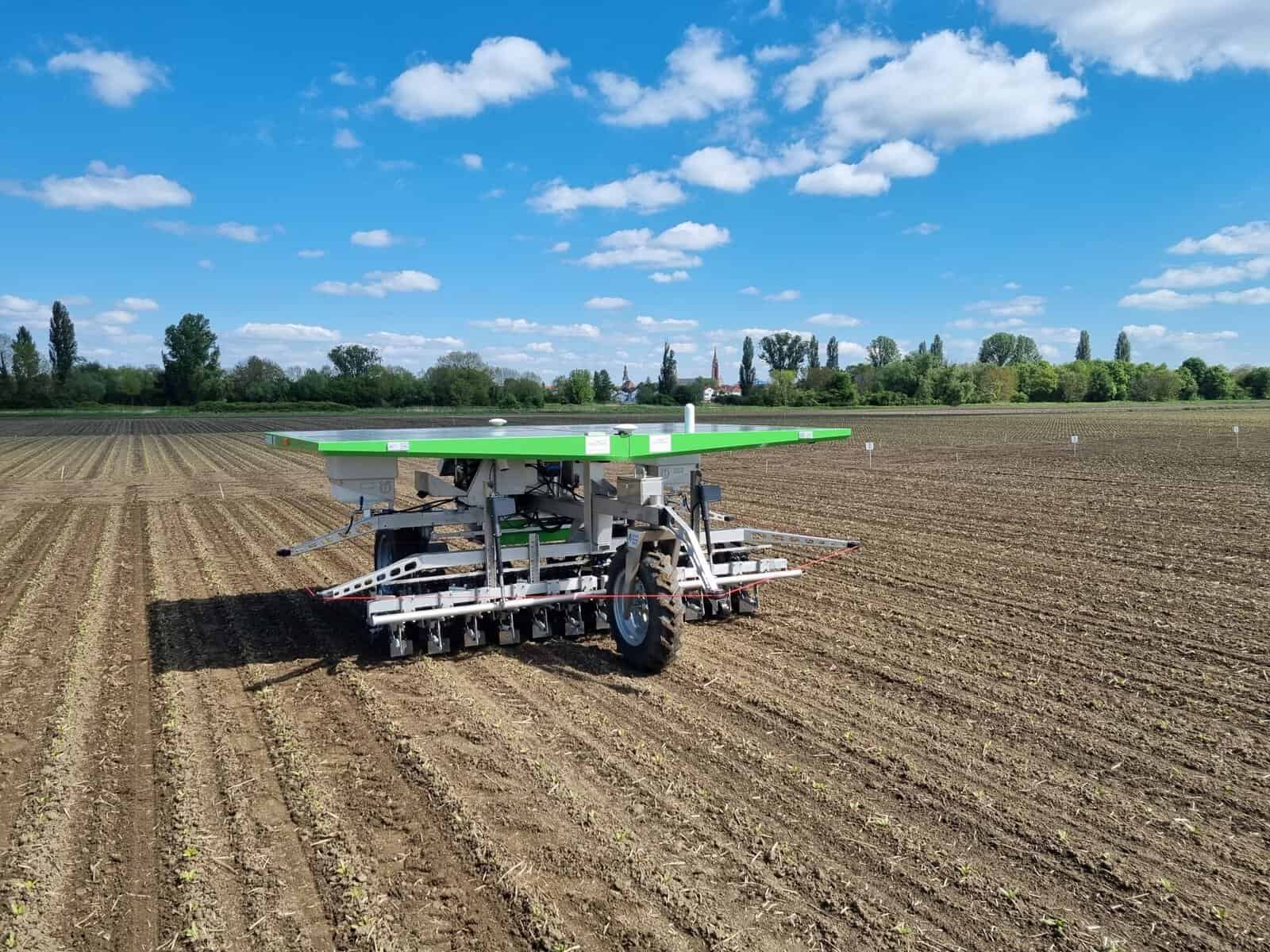
Südzucker: What role does digitalisation play in your adaptation strategies?
Dr. Peter Risser: Digitalisation is key to increasing efficiency. On our fields, soil quality and plant growth vary significantly. By using sensors and satellite data, we can accurately measure growth and adjust fertilization accordingly. This means we only fertilize where it’s actually needed, which not only boosts efficiency but also conserves resources.
The Connected Collective: A Step Towards Sustainable and Resilient Agriculture
Adapting to climate change poses numerous challenges and requires a rethink on the part of agriculture, but also society as a whole. In addition to securing harvests, long-term yield concerns such as high upfront costs and uncertain yields are challenges that need to be overcome on the road to more sustainable farming methods. We are convinced that strengthening the resilience of agriculture to these risks is a collective responsibility that encompasses the entire value chain. For this reason, we have launched ‘The Connected Collective’ initiative, an important building block within sustainable agriculture.
Get to know ‘The Connected Collective’
‘The Connected Collective’ is an initiative of the Südzucker Sugar Division to support our farmers and our partners along the value chain in matters of sustainable agriculture and at the same time increase the productivity of beet cultivation. With this initiative, we are helping farmers to implement regenerative cultivation methods. The initiative is based on a pragmatic approach and the exchange of experience between farmers, supplemented by individual monitoring and advice from our agronomists trained in regenerative agriculture.
We aim to have a positive impact through a context-specific, results- and action-orientated approach. This initiative promotes profitable and future-orientated regional agriculture, underpinned by scientific research.
Want to learn more about how we can create a more sustainable future together? Contact us today and become part of our ‘The Connected Collective’ initiative

